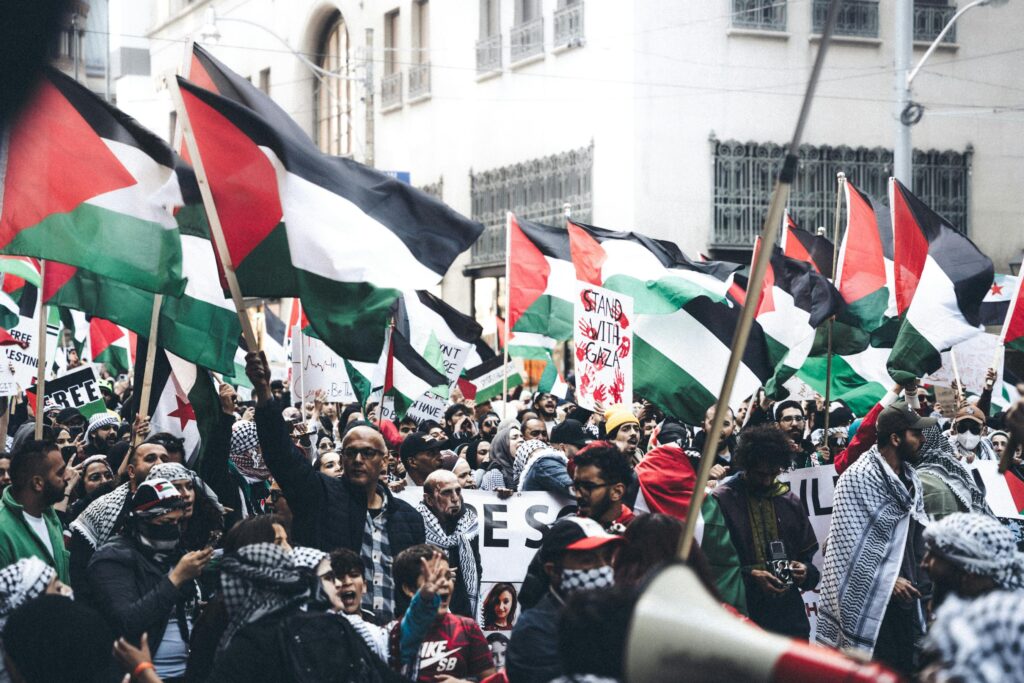The European Union has announced a major aid package worth €1.6 billion to support the Palestinian Authority (PA) and fund various development projects in Gaza, the West Bank, and East Jerusalem. The aid comes at a critical time as the region faces increasing violence and humanitarian concerns.
EU Commissioner Dubravka Šuica presented the plan after meeting with Palestinian Prime Minister Mohammad Mustafa. She stressed that the goal is to build long-term economic strength and democratic institutions. A key part of the aid will also go toward helping the PA prepare to govern Gaza after the ongoing conflict ends.
A Broad Investment in Palestinian Infrastructure
The funding will support several sectors over the next two years. Around €576 million will be used for health, education, and energy projects. This includes upgrading hospitals, expanding school access, and improving electricity supply.
Another portion—€82 million—is set aside for the United Nations Relief and Works Agency (UNRWA). This agency provides essential support to displaced Palestinian families.
In addition, the EU plans to give up to €400 million in low-interest loans to small and medium businesses in Gaza and the West Bank. These funds aim to restart local economies and support job creation. Officials said boosting the private sector is vital for long-term peace and stability.
The EU will deliver one-third of the total package as direct budget support to the Palestinian Authority. However, Šuica emphasized that reforms are needed within the PA to ensure the money is used effectively and transparently.
Strengthening Governance and Peacebuilding
During her announcement, Šuica highlighted the EU’s long-term goal: peace through development. “We are committed to building up local leadership, especially in Gaza,” she said. “The Palestinian Authority must be ready to take a central role once peace is restored.”
The plan also focuses on strengthening democratic processes and the rule of law. This includes training public officials and improving access to justice.
EU leaders believe that helping the Palestinian Authority improve governance is essential for peace efforts. They say this will help create a political environment where negotiations and reconciliation are possible.
Rising Tensions: Israeli Airstrike Hits Gaza Hospital
The announcement of EU aid came just hours after a deadly airstrike on a Gaza City hospital. Before dawn on Sunday, Israeli forces hit Al-Ahli Hospital, leading to a chaotic evacuation.
According to Gaza’s Health Ministry, one patient died during the evacuation due to a lack of urgent care. Hospital staff said they had no time to move critical patients safely.
The Israeli military said the hospital was being used as a Hamas command center. They claimed efforts were made to avoid civilian harm. However, Hamas labeled the strike a “new war crime,” accusing Israel of targeting healthcare facilities.
The conflict, which began on October 7, 2023, has left a deep mark on the region. Hamas militants launched a surprise attack on southern Israel that day, killing 1,200 people and taking 251 hostages. Most of those hostages were released after negotiations, but 59 remain in captivity. Of those, 24 are believed to still be alive.
Since the conflict began, the Hamas-run Health Ministry claims over 50,000 Palestinians have been killed. Many of them are civilians caught in the crossfire.
Humanitarian Needs Grow
The strike on Al-Ahli Hospital highlights the urgent humanitarian crisis. Medical supplies are running low, and many hospitals are no longer operational. Families in Gaza face a lack of clean water, food, and electricity.
EU officials said their aid package aims to address some of these urgent needs. However, they also warned that continued violence could hinder efforts to rebuild.
Šuica called on all parties to respect international law. “We must protect civilians and ensure access to basic services,” she said. “This funding is a step toward stability, but peace will require more than just money.”
Global Reaction and Calls for Peace
The EU’s decision has drawn praise from humanitarian groups. Many see it as a strong message that Europe is still committed to peace in the Middle East.
However, some critics question whether the Palestinian Authority is ready to manage such large sums. Past issues with corruption and mismanagement have raised concerns. In response, EU officials said strict monitoring systems will be in place to track how the money is used.
The aid announcement also puts pressure on other international donors to step up. The United States, for example, has provided both military aid to Israel and humanitarian assistance to Palestinians. Advocates argue that a balanced approach is needed to protect lives and promote peace.
With the conflict ongoing and no ceasefire in sight, the EU’s pledge is seen as a long-term investment in hope. Officials stress that rebuilding lives and trust will take time. But for many Palestinians, the aid offers a rare glimmer of support in a time of suffering.
As one Gaza resident told a local radio station, “We don’t want handouts. We want the chance to live with dignity and peace.”


